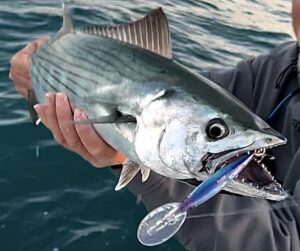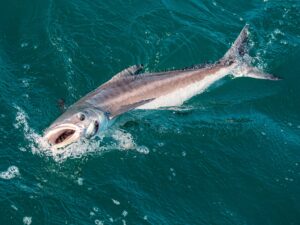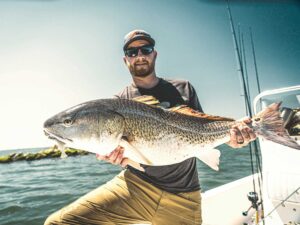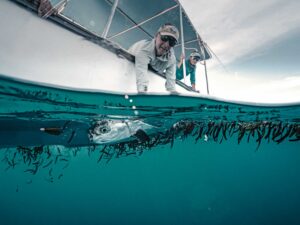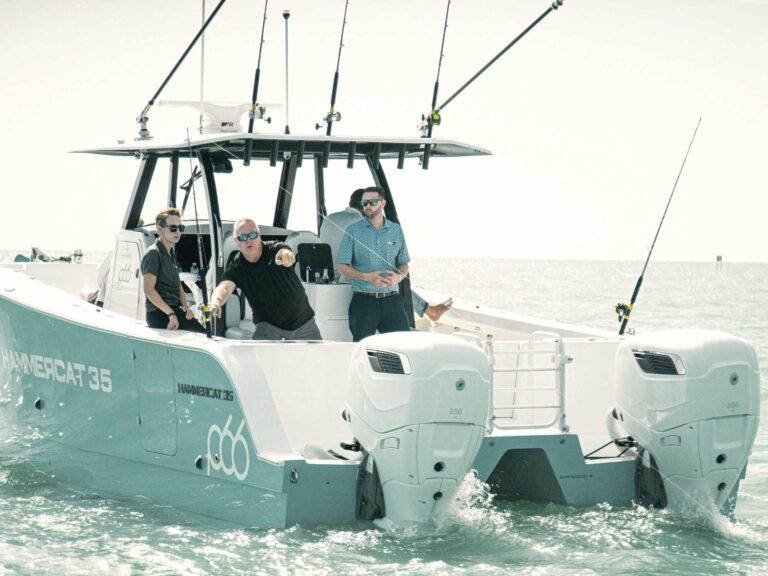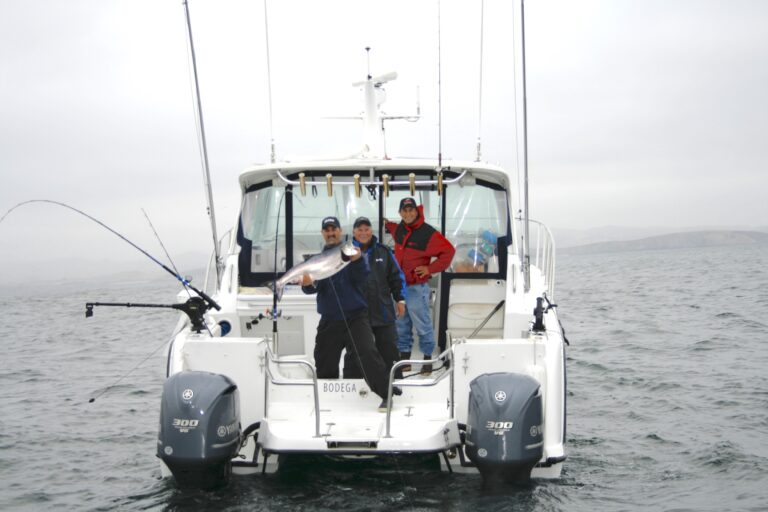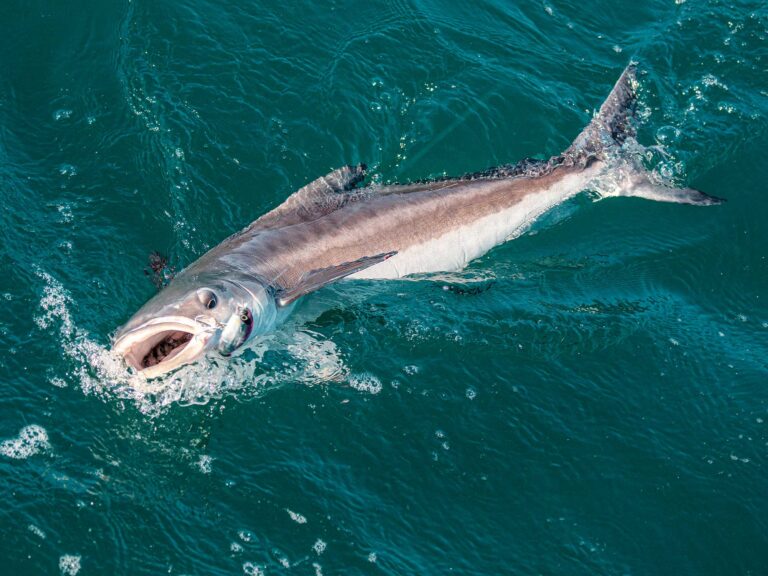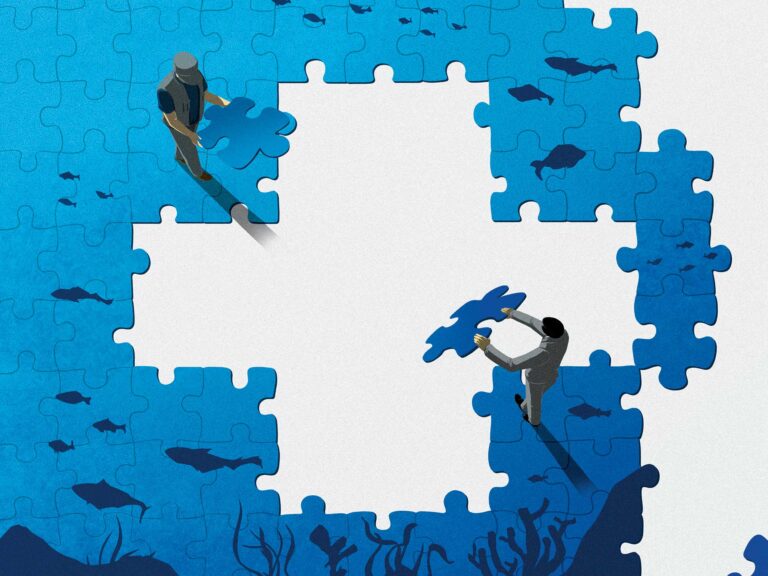About a week ago, during a phone conversation with Lefty Kreh, the talk turned from fly-fishing to the weather. Florida – and many other parts of the country, for that matter, including Lefty’s hometown in Maryland – were experiencing some of the coldest weather seen in decades. My hometown of Orlando was even expecting snow flurries that weekend.
Lefty told me a story about a cold snap from the late 1960s during his time in Miami, recalling that the amount of big, 30-pound snook that came floating to the surface was staggering. He also remarked that hundreds upon hundreds of other dead fish washed up, particularly lots of jacks and sharks, which we both agreed seemed odd, given their hardiness.
Well, it didn’t snow in Orlando that weekend, but it did sleet. And practically the entire state experienced several nights of subfreezing temperatures.
Just as Lefty witnessed in the ’60s, Florida experienced another big fish kill. And many are saying this one is one of the worst on record because of the intensity and duration of the cold.
How bad was it? The Snook Foundation’s most recent report includes accounts of fish stacked 3 feet deep around areas of Charlotte Harbor. And here’s a video shot by Tyler Shealy and Derek Redwine showing the devastation in the Merrit Island area along Florida’s east-central coast. And my colleague Dave Morel, publisher of Salt Water Sportsman, just wrote me, commenting that guides in the Tampa Bay area have seen dead fish of many species, from snook, trout, ladyfish, tarpon and even some dead goliath grouper — along with a few instances of illegal poaching of dead snook.
FWC is asking those who encounter large areas of dead fish to report their findings online or via their Fish Kill Hotline.
Here are a few related stories from some of the larger newspapers around the state:
* Miami Herald (link)
* Palm Beach Post (link)
* St. Petersburg Times (link)
* St. Augustine Record (link)
* Naples Daily News (link)
Stay warm,
Mike Mazur
FFSW Editor

